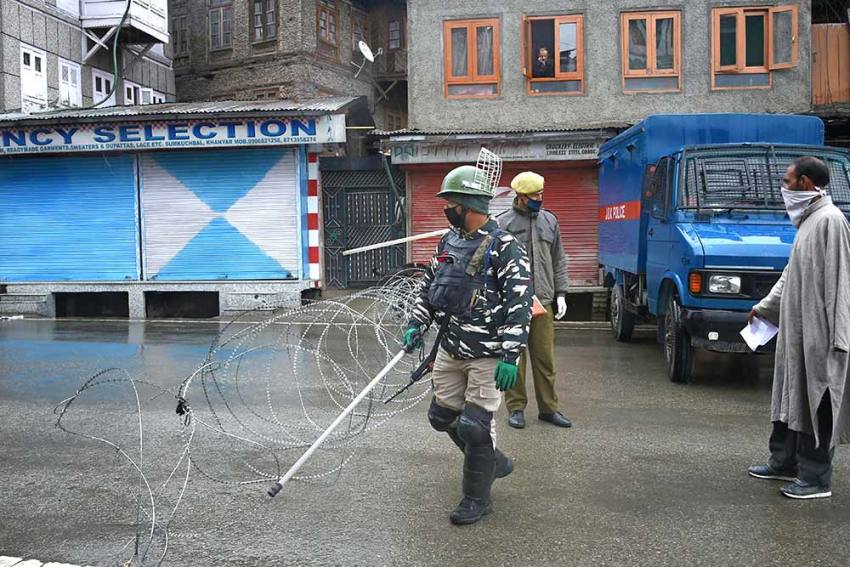The end of COVID-19 lockdown is bound to bring to light several horror stories. One such move that has not witnessed noisy, nationwide opposition yet is the introduction and later retraction of a law pertaining to domicile in Jammu and Kashmir. The new law proposed to allow anyone who has resided in Kashmir or Jammu for 15 years, and has spent seven years studying in regional educational institutions and appeared in Class 10 or 12 examinations there, to be granted permanent residency. The effort was seen as the logical next step to the abrogation of Article 370. The said Article limited the scope of non-Kashmiris becoming permanent residents of the erstwhile state. The move, unsurprisingly, met with stiff resistance from political parties in the Union Territory and also saw the likes of Pakistani Prime Minister Imran Khan voicing opposition to the move. The foreign office of Pakistan called attention of the United Nations and the international community to the Indian action and sought that India be prevented from changing the demography of the occupied territory. The office also demanded that India be held accountable for persistent violations of international law. The fact is that in every other state and Union Territory in India, any citizen can purchase property and even reside permanently. The case of J&K was unique. The kingdom acceded to the dominion of India through an instrument of accession signed October 26, 1947 by Maharaja Hari Singh and accepted by Lord Mountbatten of Burma, who was then Governor General of India. The Indian constitution made Jammu and Kashmir an integral part of the Union of India but with special provisions to protect its identity and relative autonomy of that state.
The abrogation of Article 370 broke the privileged status. Pakistan has been vying for Jammu and Kashmir throughout the time since Independence. It is unnecessary to mention that Pakistan is desperate to gain control because, apart from military and many other advantages, it will not only control the life saving water sources of its rivers but also be able to hold north India’s water sources to ransom.
When military success became an untenable option, it resorted to proxy war and continues to send in trained infiltrators as a state policy to this day. As part of its new war, militants trained and funded by Pakistan saw to it that the demographics of Jammu and Kashmir was systematically modified in favour of the majority Moslems. If the overall official figures for the Moslem population in Jammu and Kashmir when it was a state was 66.97 per cent, in Kashmir alone this figure was 97.16 per cent. The mass exodus of Kashmiri Pundits from the Valley fearing targeted violence and eviction by fear was one such planned act. Although the forces allegedly behind such accounts have continuously denied forced migrations, there are indications, such as the one in the reaction of the Pakistani prime minister, that such an effort was indeed taken. The reactions can be seen as a confession of the role divisive forces have played in Kashmir. Sadly for India, the previous political bosses never dared to burst Pakistan’s bubble. That hanging as a sword over our necks, the situation was never truly handled. India never got an edge after 1971. The abrogation of Article 370 was a step in the correct direction in as much as that it exposed Pakistan as a nonexistent state.
The incumbent government is trying to correct the wrongs in Kashmir by leveraging the political power vested in it by a brute majority. Success of course cannot be guaranteed. Kashmir is an international issue since long and the country cannot dream of integrating the state with the mainstream by means of force or subterfuge alone. It is only further alienating itself from the masses by using strong arm tactics. The fact that the government tried to use the COVID-19 lockdown as the smokescreen behind which it could push its own agenda, speaks volumes of the dispensation’s desperation for issues to keep its support base intact. But unless the government pursues policies that win the hearts and minds of the people of Kashmir, there can be no true integration and all its efforts will only help further alienate the region and maybe a few others as well. Also, the timing can only be perceived as being highly unethical.
